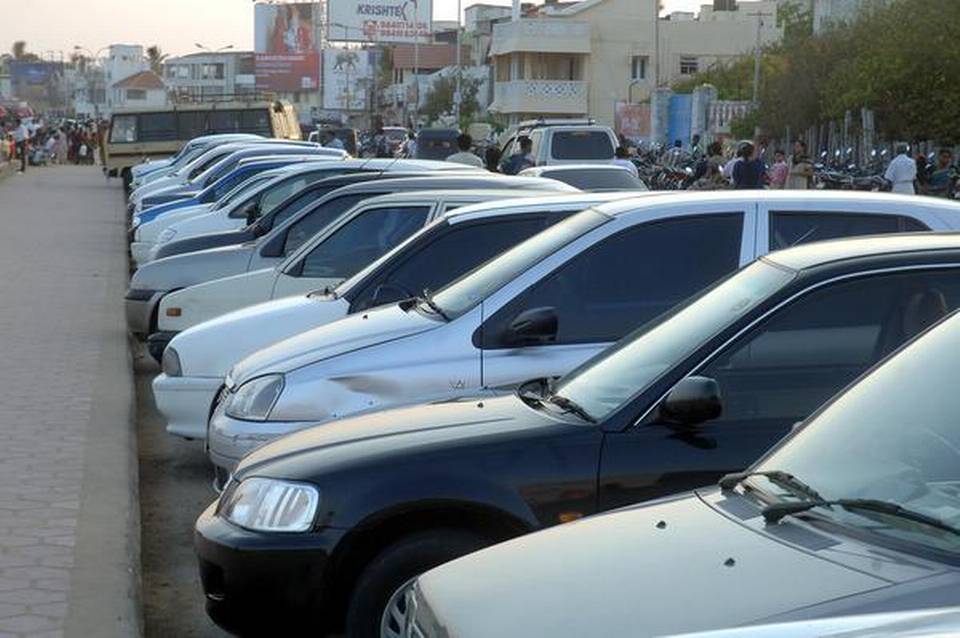Allotting parking slots and collecting maintenance arrears

Your property-related legal queries answered by S.C. RAGHURAM, Partner, RANK Associates, a Chennai-based law firm
I own a flat in a registered society. The builder has sold approximately 400 car parking slots under the stilt to a limited number of owners and earmarked over 40 open slots for visitors.
A portion of the 40 feet driveway can be allotted for owners (120 at present) who could not buy parking slots under the stilt. The Society is not permitting these owners to park their cars in the open although they do not come in the way of vehicular movement.
Recently, the security personnel employed by the Society (on the direction of the president) has impounded these cars and released them only after the owners have paid a penalty arbitrarily fixed by the said president.
Is this not a criminal act which can be reported to the police? In view of the Supreme Court’s ruling on treating car parks as common areas, can the non-allottees move the civil court (since they are unlikely to get justice in the AGM, as they are in minority) for remedy and necessary direction to the Society to cancel all car parks sold by the builder as null and void?
Since there are enough slots available, can the Society be directed to allot car parks to all flat owners by draws?
R. Satyamurti
Chennai
The president or the committee managing the affairs of the Association can only act within the framework of the bye-laws of the Association and cannot take any measure arbitrarily.
The provisions in the bye-laws relating to the use of car parking slots have to be looked into and if the same requires any amendment, the same has to be done in the next AGM, after giving due notice and after considering the views of members.
Prior to the implementation of TN RERA Rules (which provides for reserved car parking space), any car parking slot (open or stilt) had to be treated as common area. In your case, the Association is entitled to regulate the space in the best interest of all the owners/occupants in the said complex.
If your issue persists, you, along with others facing the similar problem, can move a resolution in the next AGM for allotment of car parking space by giving reasons supported by a feasibility report and on approval of the same in the AGM, the Association can take steps to implement the same. If the decision taken by the general body does not conform to the order of Supreme Court, any affected person can initiate legal proceedings for necessary remedies.
Our Association (not registered) comprising 27 apartment members was formulated in 1995. It is charging ₹700 for maintenance every month.
When the fee was increased from ₹600 in 2015, one of the residents suggested that rent must be collected from residents who park cars (the common area can only accommodate four cars) and two wheelers as they enjoy the common area of other residents.
He also mentioned that there is Supreme Court verdict that is in order in collecting the maintenance charges.
As the said resident’s suggestion was not accepted, he now refuses to pay the increased fee. The association refused to accept it and returned the amount.
At present, he has arrears for about three years. How do we go about collecting the arrears from the lone defaulter?
V. Nagarajan
Chennai
As a first step, register your Association and have your bye-laws in place. The Association can then formulate a plan for accommodating the maximum number of cars and two-wheelers in the complex based on availability of space and other considerations.
The maintenance charges can also be fixed in the bye-laws in accordance with the provisions of The Tamil Nadu Apartment Ownership Act i.e., on the basis of the undivided share of land owned by each of the owners.
The bye-laws can also make necessary provisions for collecting maintenance including any arrears.
Leave a Reply
Your email address will not be published. Required fields are marked *
